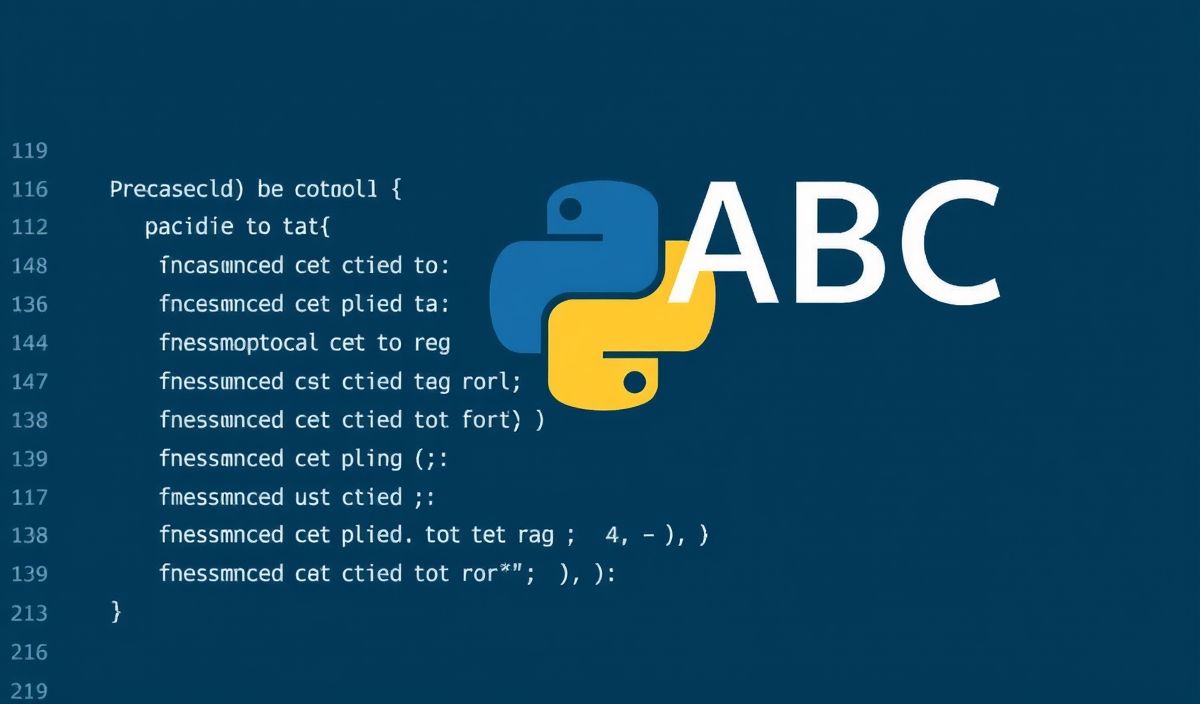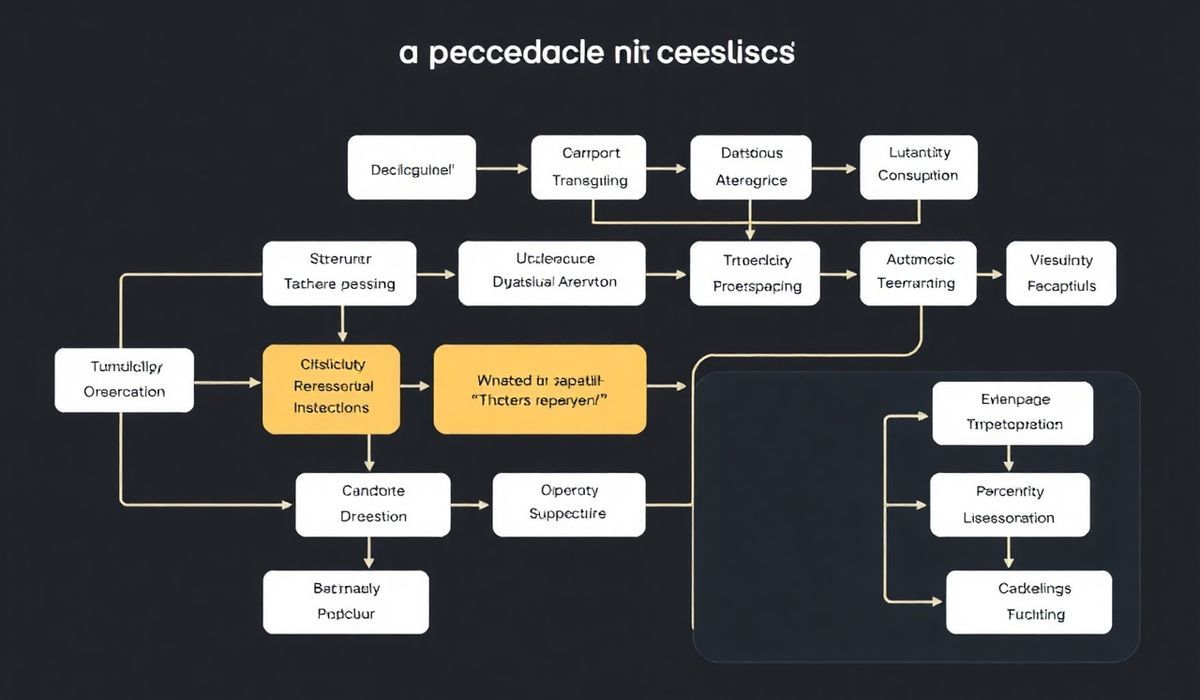Introduction to babel-jest
babel-jest is a powerful package that integrates Babel with Jest, allowing you to transpile your JavaScript code using Babel during testing. This ensures that your tests run smoothly and are compatible with the latest JavaScript features and standards.
Key APIs and Usage Examples
1. Basic Setup
To get started with babel-jest, install it as a dev dependency in your project:
npm install --save-dev babel-jest @babel/core @babel/preset-env
Then, create a babel.config.js file in the root of your project:
module.exports = {
presets: ['@babel/preset-env'],
};
2. Transforming Imports
babel-jest allows you to transform imports in your tests. This is useful when you use features like ES6 modules.
// Example test file
import sum from './sum';
test('adds 1 + 2 to equal 3', () => {
expect(sum(1, 2)).toBe(3);
});
3. Custom Babel Configurations
You can also define custom Babel configurations specifically for Jest by creating a jest.config.js file:
module.exports = {
transform: {
'^.+\\.js$': 'babel-jest',
},
};
4. Using Babel Plugins
You have the option to use various Babel plugins to enhance your testing environment.
// babel.config.js
module.exports = {
presets: ['@babel/preset-env'],
plugins: ['@babel/plugin-proposal-class-properties'],
};
5. Using with TypeScript
babel-jest can also be used to test TypeScript code when combined with the appropriate Babel presets.
npm install --save-dev @babel/preset-typescript
// babel.config.js
module.exports = {
presets: ['@babel/preset-env', '@babel/preset-typescript'],
};
Advanced Application Example
Below is an example of a complete application setup using babel-jest.
Project Structure
my-app/
├── babel.config.js
├── jest.config.js
├── node_modules/
├── package.json
├── src/
│ ├── index.js
│ └── sum.js
└── tests/
└── sum.test.js
Sample Code
// src/index.js import sum from './sum'; console.log(sum(1, 2)); // Should log 3
// src/sum.js
export default function sum(a, b) {
return a + b;
}
// tests/sum.test.js
import sum from '../src/sum';
test('adds 1 + 2 to equal 3', () => {
expect(sum(1, 2)).toBe(3);
});
This setup configures Jest to use Babel for transforming your code and utilizes a test to ensure that the sum function works correctly.
Note: It is crucial to properly configure both Babel and Jest to work together efficiently for seamless testing experiences.
With babel-jest, you can utilize the latest JavaScript features in your tests, ensuring compatibility and enhancing the development workflow.
Hash: 8f87d046d48cf6ab344d915c6a384533a6b91846ce0de9569ad6ccbee7e48852




